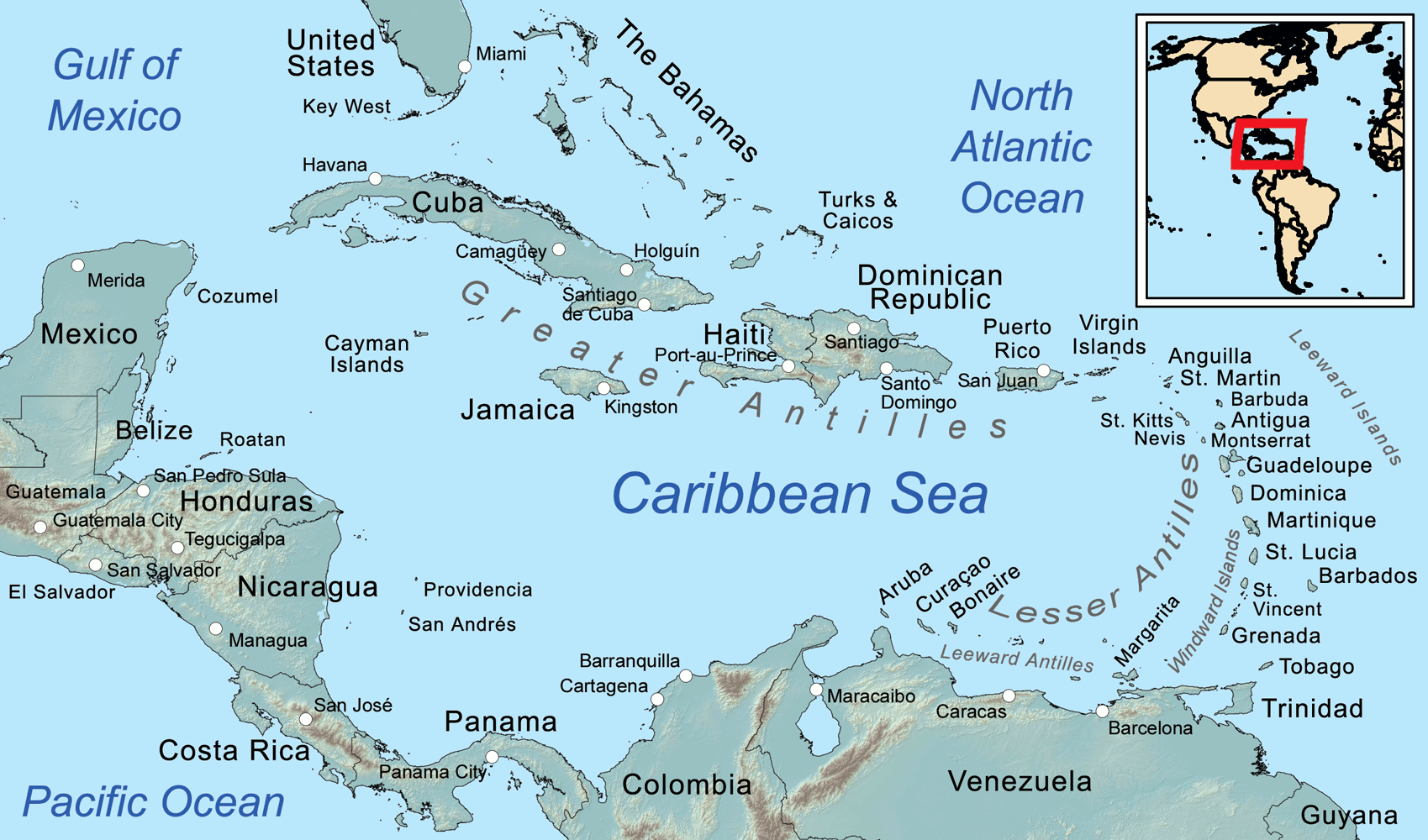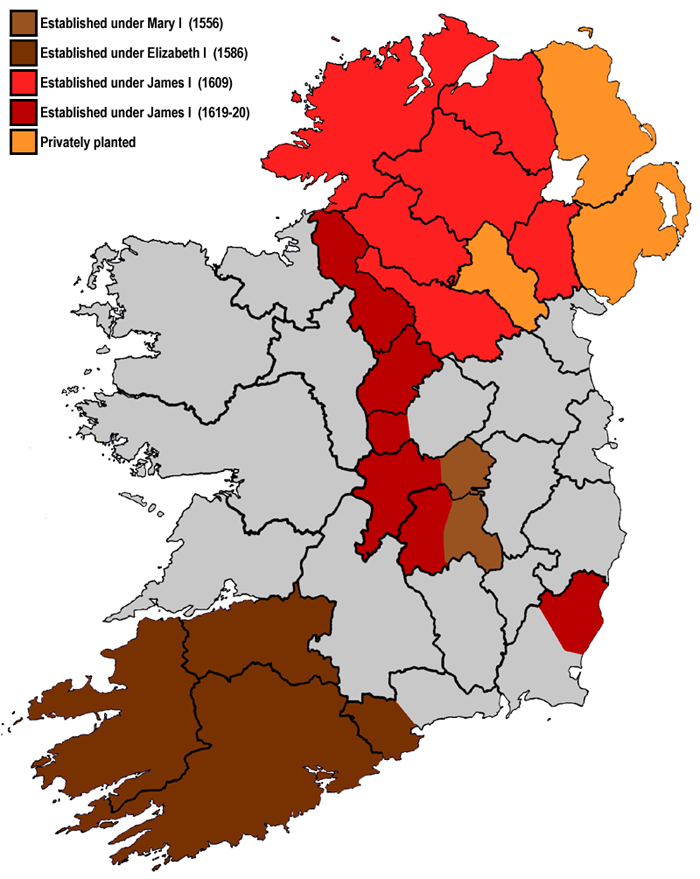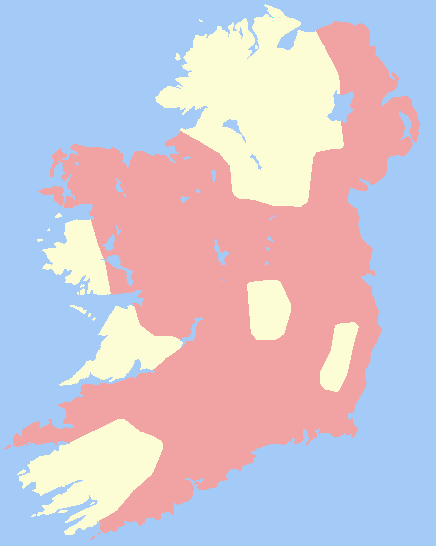|
Irish Slaves Myth
The Irish slaves myth is a fringe pseudohistorical narrative that conflates the penal transportation and indentured servitude of Irish people during the 17th and 18th centuries, with the hereditary chattel slavery experienced by the forebears of the African diaspora. Some white nationalists, and others who want to minimize the effects of hereditary chattel slavery on Africans and their descendants, have used this false equivalence to deny racism against African Americans or claim that African Americans are too vocal in seeking justice for historical grievances. It also can hide the facts around Irish involvement in the transatlantic slave trade. The myth has been in circulation since at least the 1990s and has been disseminated in online memes and social media debates. According to historians Jerome S. Handler and Matthew C. Reilly, "it is misleading, if not erroneous, to apply the term 'slave' to Irish and other indentured servants in early Barbados". In 2016, academics ... [...More Info...] [...Related Items...] OR: [Wikipedia] [Google] [Baidu] |
Irish Slaves Myth
The Irish slaves myth is a fringe pseudohistorical narrative that conflates the penal transportation and indentured servitude of Irish people during the 17th and 18th centuries, with the hereditary chattel slavery experienced by the forebears of the African diaspora. Some white nationalists, and others who want to minimize the effects of hereditary chattel slavery on Africans and their descendants, have used this false equivalence to deny racism against African Americans or claim that African Americans are too vocal in seeking justice for historical grievances. It also can hide the facts around Irish involvement in the transatlantic slave trade. The myth has been in circulation since at least the 1990s and has been disseminated in online memes and social media debates. According to historians Jerome S. Handler and Matthew C. Reilly, "it is misleading, if not erroneous, to apply the term 'slave' to Irish and other indentured servants in early Barbados". In 2016, academics ... [...More Info...] [...Related Items...] OR: [Wikipedia] [Google] [Baidu] |
The Holocaust
The Holocaust, also known as the Shoah, was the genocide of European Jews during World War II. Between 1941 and 1945, Nazi Germany and its collaborators systematically murdered some six million Jews across German-occupied Europe; around two-thirds of Europe's Jewish population. The murders were carried out in pogroms and mass shootings; by a policy of extermination through labor in concentration camps; and in gas chambers and gas vans in German extermination camps, chiefly Auschwitz-Birkenau, Bełżec, Chełmno, Majdanek, Sobibór, and Treblinka in occupied Poland. Germany implemented the persecution in stages. Following Adolf Hitler's appointment as chancellor on 30 January 1933, the regime built a network of concentration camps in Germany for political opponents and those deemed "undesirable", starting with Dachau on 22 March 1933. After the passing of the Enabling Act on 24 March, which gave Hitler dictatorial plenary powers, the government began isolating Je ... [...More Info...] [...Related Items...] OR: [Wikipedia] [Google] [Baidu] |
Felony
A felony is traditionally considered a crime of high seriousness, whereas a misdemeanor is regarded as less serious. The term "felony" originated from English common law (from the French medieval word "félonie") to describe an offense that resulted in the confiscation of a convicted person's land and goods, to which additional punishments including capital punishment could be added; other crimes were called misdemeanors. Following conviction of a felony in a court of law, a person may be described as a felon or a convicted felon. Some common law countries and jurisdictions no longer classify crimes as felonies or misdemeanors and instead use other distinctions, such as by classifying serious crimes as indictable offences and less serious crimes as summary offences. In the United States, where the felony/misdemeanor distinction is still widely applied, the federal government defines a felony as a crime punishable by death or imprisonment in excess of one year. If punishable by e ... [...More Info...] [...Related Items...] OR: [Wikipedia] [Google] [Baidu] |
Penal Transportation
Penal transportation or transportation was the relocation of convicted criminals, or other persons regarded as undesirable, to a distant place, often a colony, for a specified term; later, specifically established penal colonies became their destination. While the prisoners may have been released once the sentences were served, they generally did not have the resources to return home. Origin and implementation Banishment or forced exile from a polity or society has been used as a punishment since at least the 5th century BC in Ancient Greece. The practice of penal transportation reached its height in the British Empire during the 18th and 19th centuries. Transportation removed the offender from society, mostly permanently, but was seen as more merciful than capital punishment. This method was used for criminals, debtors, military prisoners, and political prisoners. Penal transportation was also used as a method of colonization. For example, from the earliest days of English ... [...More Info...] [...Related Items...] OR: [Wikipedia] [Google] [Baidu] |
Prostitution
Prostitution is the business or practice of engaging in Sex work, sexual activity in exchange for payment. The definition of "sexual activity" varies, and is often defined as an activity requiring physical contact (e.g., sexual intercourse, non-penetrative sex, oral sex, etc.) with the customer. The requirement of physical contact Prostitution#Medical situation, also creates the risk of transferring diseases. Prostitution is sometimes described as sexual services, commercial sex or, colloquially, hooking. It is sometimes referred to euphemistically as "the world's oldest profession" in the English-speaking world. A person who works in this field is called a prostitute, or more inclusively, a sex worker. Prostitution occurs in a variety of forms, and prostitution law, its legal status varies from Prostitution by country, country to country (sometimes from region to region within a given country), ranging from being an enforced or unenforced crime, to unregulated, to a regulated ... [...More Info...] [...Related Items...] OR: [Wikipedia] [Google] [Baidu] |
Convict
A convict is "a person found guilty of a crime and sentenced by a court" or "a person serving a sentence in prison". Convicts are often also known as "prisoners" or "inmates" or by the slang term "con", while a common label for former convicts, especially those recently released from prison, is "ex-con" ("ex-convict"). Persons convicted and sentenced to non-custodial sentences tend not to be described as "convicts". The label of "ex-convict" usually has lifelong implications, such as social stigma or reduced opportunities for employment. The federal government of Australia, for instance, will not, in general, employ an ex-convict, while some state and territory governments may limit the time for or before which a former convict may be employed. Historical usage The particular use of the term "convict" in the English-speaking world was to describe the huge numbers of criminals, both male and female, who clogged British gaol A prison, also known as a jail, gaol (date ... [...More Info...] [...Related Items...] OR: [Wikipedia] [Google] [Baidu] |
Vagrancy
Vagrancy is the condition of homelessness without regular employment or income. Vagrants (also known as bums, vagabonds, rogues, tramps or drifters) usually live in poverty and support themselves by begging, scavenging, petty theft, temporary work, or social security (where available). Historically, vagrancy in Western societies was associated with petty crime, begging and lawlessness, and punishable by law with forced labor, military service, imprisonment, or confinement to dedicated labor houses. Both ''vagrant'' and ''vagabond'' ultimately derive from the Latin word '' vagari'', meaning "to wander". The term ''vagabond'' is derived from Latin ''vagabundus''. In Middle English, ''vagabond'' originally denoted a person without a home or employment. Historical views Vagrants have been historically characterised as outsiders in settled, ordered communities: embodiments of otherness, objects of scorn or mistrust, or worthy recipients of help and charity. Some ancient sources ... [...More Info...] [...Related Items...] OR: [Wikipedia] [Google] [Baidu] |
Political Prisoner
A political prisoner is someone imprisoned for their political activity. The political offense is not always the official reason for the prisoner's detention. There is no internationally recognized legal definition of the concept, although numerous similar definitions have been proposed by various organizations and scholars, and there is a general consensus among scholars that "individuals have been sanctioned by legal systems and imprisoned by political regimes not for their violation of codified laws but for their thoughts and ideas that have fundamentally challenged existing power relations". The status of a political prisoner is generally awarded to individuals based on declarations of non-governmental organizations like Amnesty International, on a case-by-case basis. While such status are often widely recognized by the international public opinion, they are often rejected by individual governments accused of holding political prisoners, which tend to deny any bias in the ... [...More Info...] [...Related Items...] OR: [Wikipedia] [Google] [Baidu] |
Irish Indentured Servants
Irish indentured servants were Irish people who became indentured servants in territories under the control of the British Empire, such as the British West Indies (particularly Barbados, Jamaica and the Leeward Islands), British North America and later Australia. Indentures agreed to provide up to seven years of labor in return for passage to the New World and food, housing, and shelter during their indenture. At the end of this period, their masters were legally required to grant them "freedom dues" in the form of either land or capital. An indentured servant's contract could be extended as punishment for breaking a law, such as running away, or in the case of female servants, becoming pregnant. Those transported unwillingly were not indentures. They were political prisoners, vagrants, or people who had been defined as "undesirable" by the English state. Penal transportation of Irish people was at its height during the 17th century, during the Cromwellian conquest and settlemen ... [...More Info...] [...Related Items...] OR: [Wikipedia] [Google] [Baidu] |
Plantations Of Ireland
Plantations in 16th- and 17th-century Ireland involved the confiscation of Irish-owned land by the English Crown and the colonisation of this land with settlers from Great Britain. The Crown saw the plantations as a means of controlling, anglicising and 'civilising' Gaelic Ireland. The main plantations took place from the 1550s to the 1620s, the biggest of which was the plantation of Ulster. The plantations led to the founding of many towns, massive demographic, cultural and economic changes, changes in land ownership and the landscape, and also to centuries of ethnic and sectarian conflict. They took place before and during the earliest English colonisation of the Americas, and a group known as the West Country Men were involved in both Irish and American colonization. There had been small-scale immigration from Britain since the 12th century, after the Anglo-Norman invasion. By the 15th century, direct English control had shrunk to an area called the Pale. In the 1540s t ... [...More Info...] [...Related Items...] OR: [Wikipedia] [Google] [Baidu] |
British Rule In Ireland
British rule in Ireland spanned several centuries and involved British control of parts, or entirety, of the island of Ireland. British involvement in Ireland began with the Anglo-Norman invasion of Ireland in 1169. Most of Ireland gained independence from Great Britain following the Anglo-Irish War. Initially formed as a Dominion called the Irish Free State in 1922, the Republic of Ireland became a fully independent republic following the passage of the Republic of Ireland Act in 1949. Northern Ireland remains part of the United Kingdom as a constituent country. Middle Ages From the late 12th century, the Anglo-Norman invasion of Ireland resulted in Anglo-Norman control of much of Ireland, over which the kings of England then claimed sovereignty. By the late Late Middle Ages, Anglo-Norman control was limited to an area around Dublin known as the Pale. Enacted in 1494, Poynings law ensured that the Irish parliament could not meet without the approval of England's monarch and ... [...More Info...] [...Related Items...] OR: [Wikipedia] [Google] [Baidu] |
Charles I Of England
Charles I (19 November 1600 – 30 January 1649) was King of England, Scotland, and Ireland from 27 March 1625 until Execution of Charles I, his execution in 1649. He was born into the House of Stuart as the second son of King James VI of Scotland, but after his father inherited the English throne in 1603, he moved to England, where he spent much of the rest of his life. He became heir apparent to the kingdoms of England, Scotland, and Ireland in 1612 upon the death of his elder brother, Henry Frederick, Prince of Wales. An unsuccessful and unpopular attempt to marry him to the Spanish Habsburg princess Maria Anna of Spain, Maria Anna culminated in an eight-month visit to Spain in 1623 that demonstrated the futility of the marriage negotiation. Two years later, he married the House of Bourbon, Bourbon princess Henrietta Maria of France. After his 1625 succession, Charles quarrelled with the Parliament of England, English Parliament, which sought to curb his royal prerogati ... [...More Info...] [...Related Items...] OR: [Wikipedia] [Google] [Baidu] |










